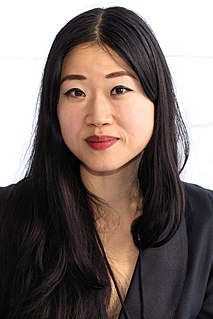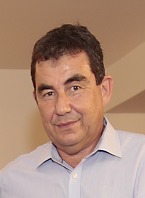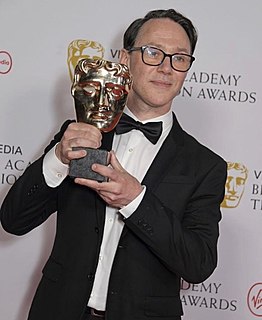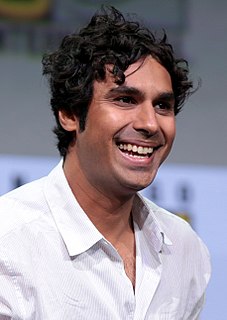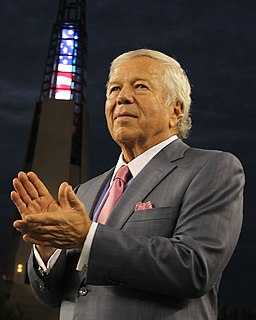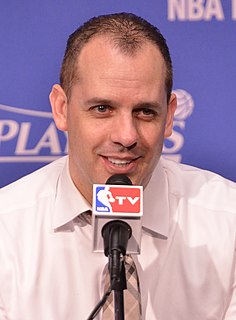A Quote by Mary H.K. Choi
I'm a big believer in puking out all your thoughts in a single sitting and getting some version of the work down, because the alternative just prolongs the agony. The first draft is hideous and ajskdlkdfksjdfslfjk, but it's just a map for where the big blocks go.
Related Quotes
Writing 'Men We Reaped' broke me in different ways at different spots in the drafting process. The first draft was hard because I was just getting it out. In some ways, that draft failed. I was really just telling the story, not making assessments - this happened, then this. Just putting those facts down on paper was really painful.
Almost all good writing begins with terrible first efforts. You need to start somewhere. Start by getting something-anything-down on paper. A friend of mine says that the first draft is the down draft-you just get it down. The second draft is the up draft-you fix it up. You try to say what you have to say more accurately. And the third draft is the dental draft, where you check every tooth, to see if it's loose or cramped or decayed, or even, God help us, healthy.
Israel is very confusing because it seems to be a Goliath, and in some ways it is, when you look at the tanks versus the Palestinian boy. But deep down, when you look at the big map and the big picture and the big history, we are really a David. We are a David with some megalomaniac ideas who thinks he's huge. But we're not. At the end of the day, Jews as a people are an endangered species. One cannot overlook this dimension.
It's such hard work doing a musical. I did my first musical last year, performing in The Producers, and it was a big part to suddenly be doing Leo Bloom in that. It's such hard work. It's a proper slog. It became like clocking in. And it's a big factory - you go in, everyone's got their little plot, people are taking in and out of it if they have days off or holidays, and it's just a jigsaw that all works. It always amazes me that this product would happen every night and it was just all these elements coming together in a big machine.
